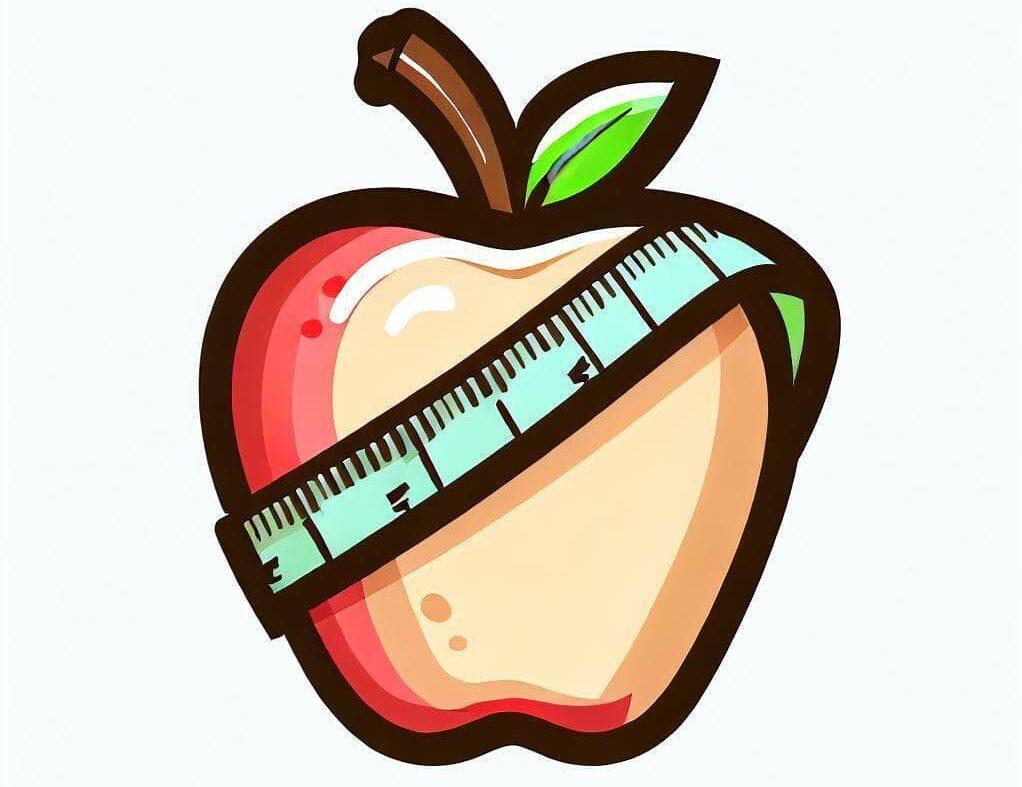Avoid This Common Mistake When You Eat for Better Metabolic Health

Did you know that the speed at which you eat can have a big impact on your health?
I recently came across an episode of Jay Shetty’s On Purpose Podcast, where he had an insightful conversation with Dr. Casey Means, a Stanford-trained physician and expert in metabolic health.
They explored the often-overlooked aspects of metabolic health and how lifestyle changes can make a huge difference.
One point that really stood out to me was the importance of eating slowly.
Why Eating Slowly Matters
It’s not just about what you eat—how you eat plays a crucial role too.
Research shows that people who eat at a slower pace are four times less likely to develop metabolic syndrome than those who eat quickly.
Dr. Means explained that this has nothing to do with the specific foods we choose; it’s more about the speed at which we consume them.
Now, why is this the case? I think this could be because when you eat slowly, it gives your body time to send fullness signals to your brain.
This process involves hormones like leptin and ghrelin, which regulate hunger and satiety.
When you eat too quickly, your body doesn’t have enough time to release these hormones properly, leading you to overeat before your brain registers that you’re full.
Eating slowly also promotes better digestion. When you take your time to chew, you break down food more effectively, making it easier for your stomach to process and absorb nutrients.
This may help stabilize blood sugar levels and reduce spikes in insulin, which are often linked to metabolic issues.
So, even if you’re not ready to overhaul your entire diet, you can start by simply slowing down.
Making this small change—sitting down, eating mindfully, and savoring your meals—can significantly benefit your metabolic health.
How Eating Slowly Can Support Weight Loss
I also want to share findings from a 2018 study published in BMJ Open. It linked slow eating to lower obesity rates and smaller waist sizes.
The research indicated that by slowing down, avoiding late-night snacks, and not eating within two hours before bedtime, you could make progress in your weight loss journey.
This was based on data from nearly 60,000 individuals in Japan with diabetes, monitored over five years.
Interestingly, the study suggested that those who eat quickly might experience impaired glucose tolerance and insulin resistance.
This could be because fast eaters take longer to feel full, leading to overeating.
On the other hand, slower eaters tend to feel satisfied sooner, which naturally helps them consume fewer calories.
What Does This Mean for You?
So, what’s the takeaway here?
If you want to improve your health or lose weight, eating slower might be one of the easiest, most effective changes you can make.
You don’t have to change everything about your diet—just focus on slowing down and being more present during meals.
Here’s what I suggest: next time you eat, put away the phone, turn off the TV, and really focus on your food. Chew slowly, pause between bites, and take your time.
This gives your body a chance to tell your brain that you’re full before you overeat. It also helps your digestion work better, which means your body gets more out of the nutrients in your food.
This small habit can make a big difference. You’ll probably find you’re eating less, feeling more satisfied, and getting better control over your health.
So, why not give it a try?
Slowing down can be a simple and powerful step towards feeling better and staying healthy.
